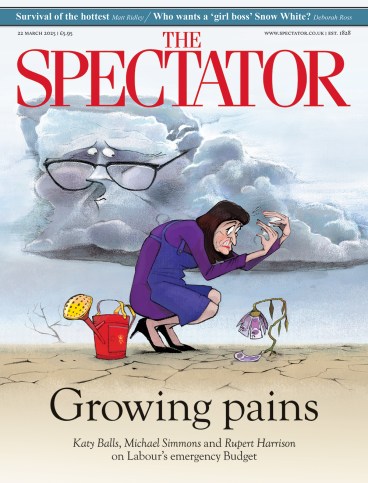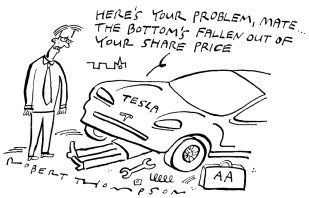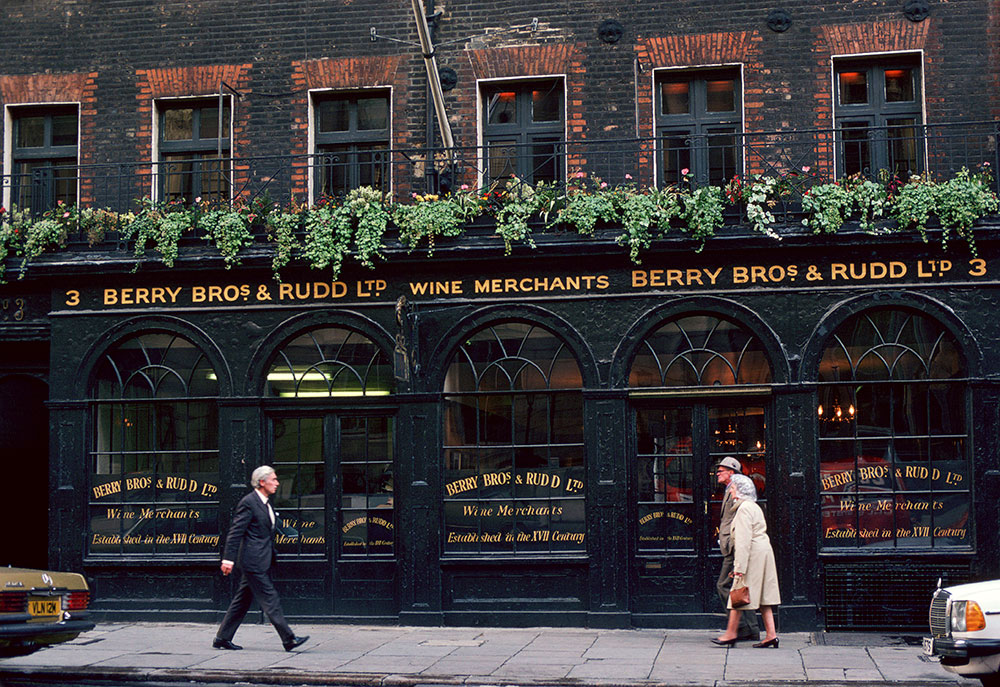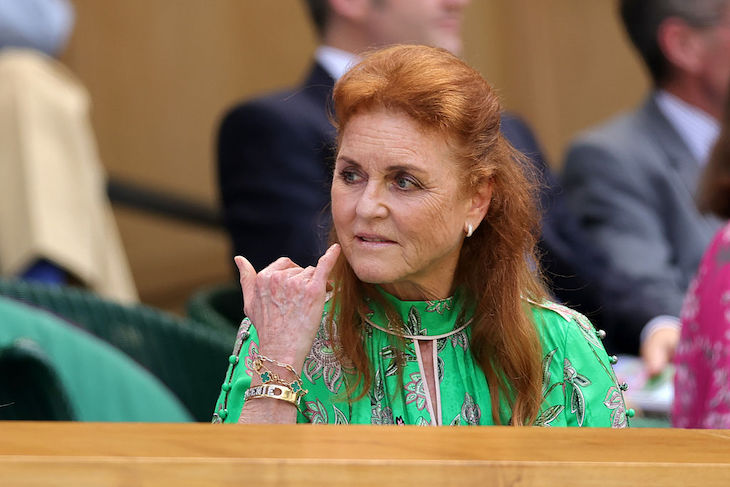
For more than 50 years I have assumed that any sensible person will be a right-winger, even if not all of them will admit it, and that this will be especially true of oenophiles There are exceptions. Harry Waugh, a clubman, author – Bacchus on the Wing is especially good – and merchant-connoisseur, was one of the most delightful wine experts of the last century. It was an education to sit with him as he talked his way through a good bottle, which effortlessly became a good several bottles. Moreover, Harry lived to be 97.
I spent far too little time in his company and cannot remember his ever talking about politics. Why on earth should he? There were far more important topics to consider. But it is said that during the 1930s he was briefly in the Communist party. Perhaps, like others, he was motivated by a fear of fascism abetted by illusions about Stalin’s Russia. Anyway, if there was any such infection, it was transient.
One would also assume that the wine trade is immune to wokery. Alas, there are exceptions, including a most unlikely one. The buyers of Waitrose know their stuff and provide a good service at reasonable prices. But one of their experts has now been suspended for circulating un-PC views. This included a cartoon from Matt, the prince of that genre. A schoolmaster is telling two parents that their son is doing very badly in sex education. He could name only 47 out of the 100 genders. Anyone who objects to that must have had a radical humour-ectomy. In retaliation, one ought to consider boycotting Waitrose.
Over recent decades, there have been two developments in the British wine trade, both useful for consumers, though there is a price. The first is that all the supermarkets have raised their game. They employ masters of wine who search out good value which they intensify by driving hard bargains. The wine-makers can rely on a bulk order which covers their bread and butter. For the rest of the harvest, they can charge more.

But this has one unhappy consequence. Supermarket competition has killed off a fair number of old-fashioned wine merchants. Plenty do survive and thrive, though it can be a struggle. One of them, of course – no sign of struggle there – is the grandest of them all, Berry Bros. The other year, I witnessed an entertaining exchange. I had popped in to see what they had in the way of old Viña Tondonia. A lady in front of me was asking for a recommendation. She wanted a bottle for an important occasion and was thinking in terms of paying… £12. I wondered how the elegant youth at the counter would react. Would he gently deflect her in the direction of the nearest superstore? Not a bit of it. He attentively tried to establish what colour she wanted and which wines she had enjoyed. I was pleasantly surprised, and impressed.
Supermarkets have raised their game. They employ masters of wine who search out good value
There has been another helpful change in the drink trade: one aspect of British society which has steadily improved. When I think back to my early beer-drinking days and the gaseous rubbish which was on offer in many pubs, it is amazing that we were not put off for life. Thank goodness real ale prevailed. Equally, although I think that pubs are primarily for beer, most of them will provide a perfectly acceptable glass of wine. All that remains is to banish the pop music.
On to an evening which had nothing to do with pubs. We were tasting some 2016 clarets: the sort of event Harry Waugh would have enjoyed, as would the late Anthony Barton. They must have known each other. I regret to admit it, but the Leoville Barton was shaded by the Ducru-Beaucaillou. There was also a Beychevelle and a Batailley, which probably came a most honourable fourth. There was no discussion of politics, but then again, we were all sensible right-wingers.







Comments